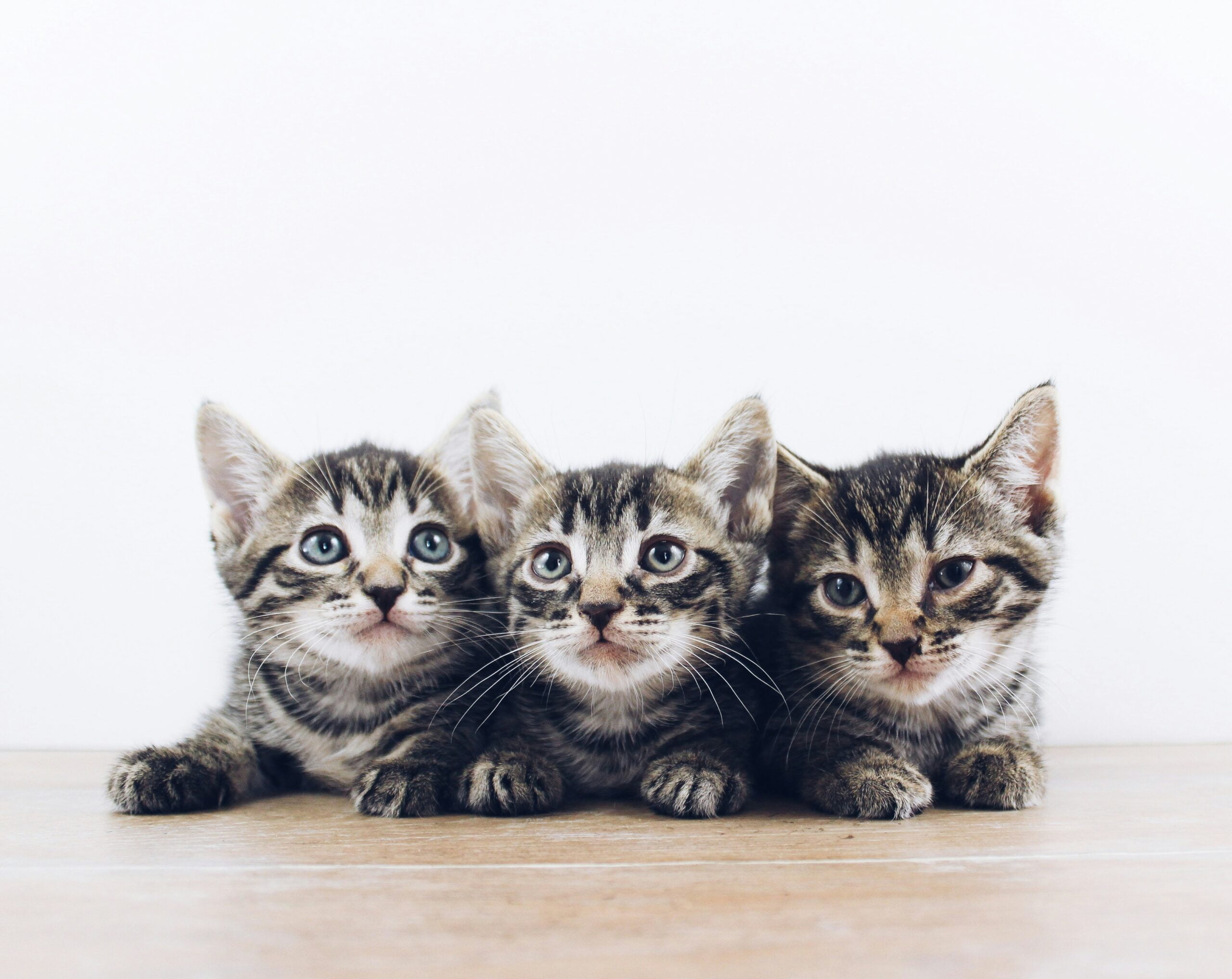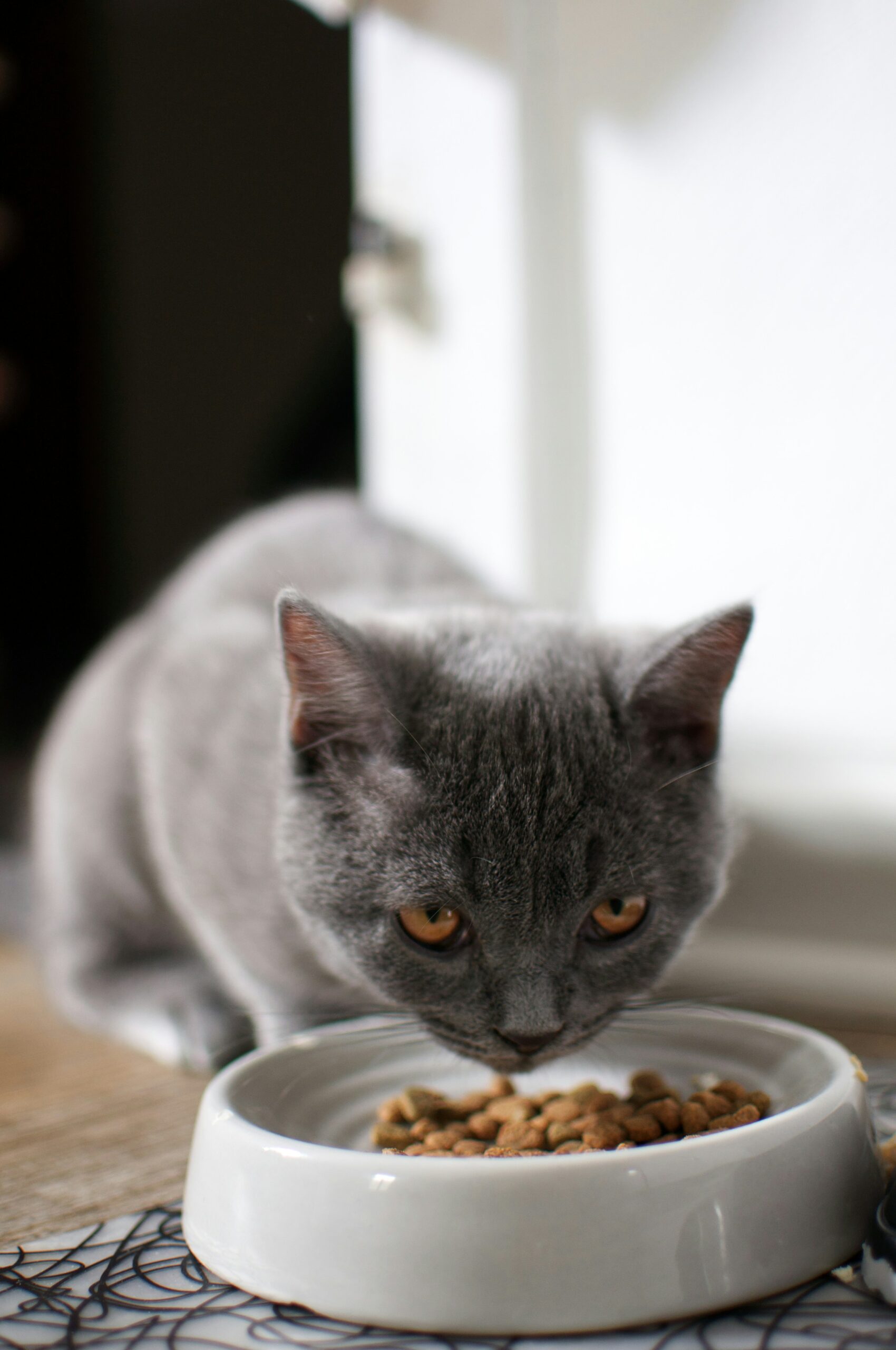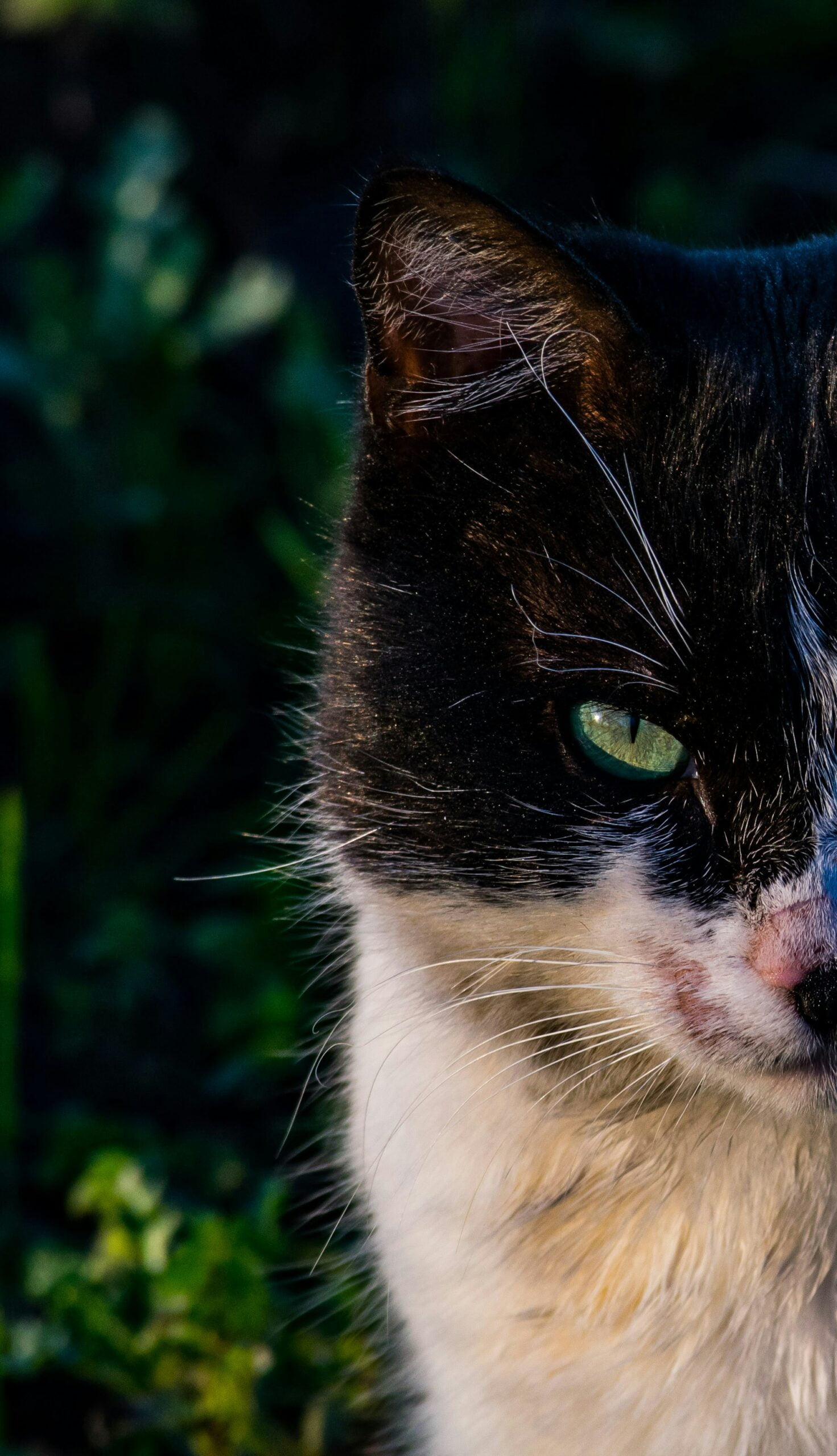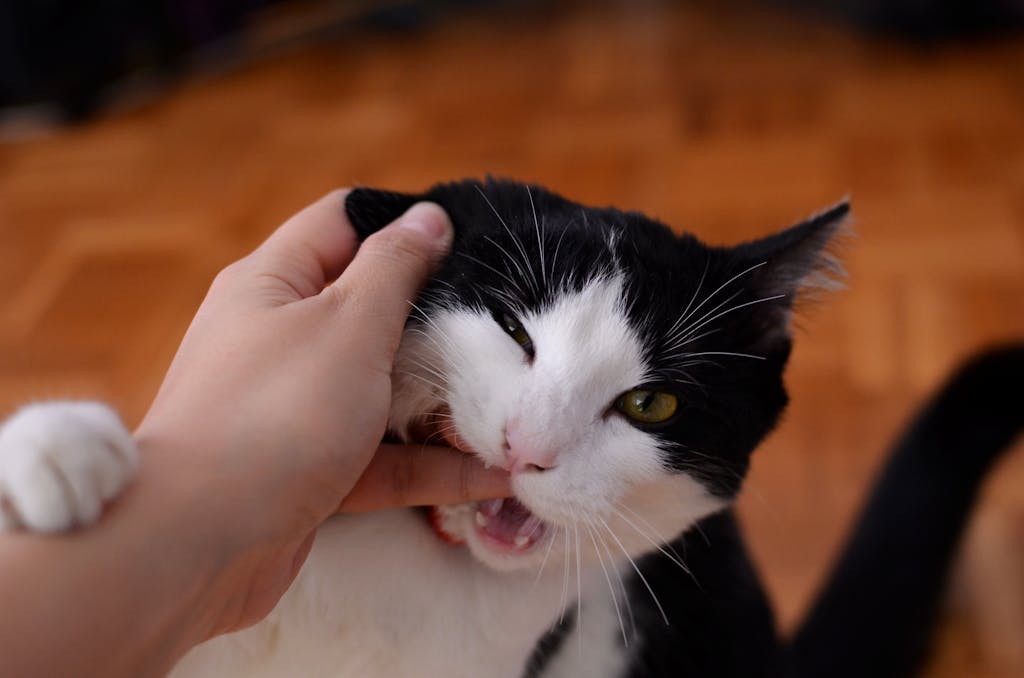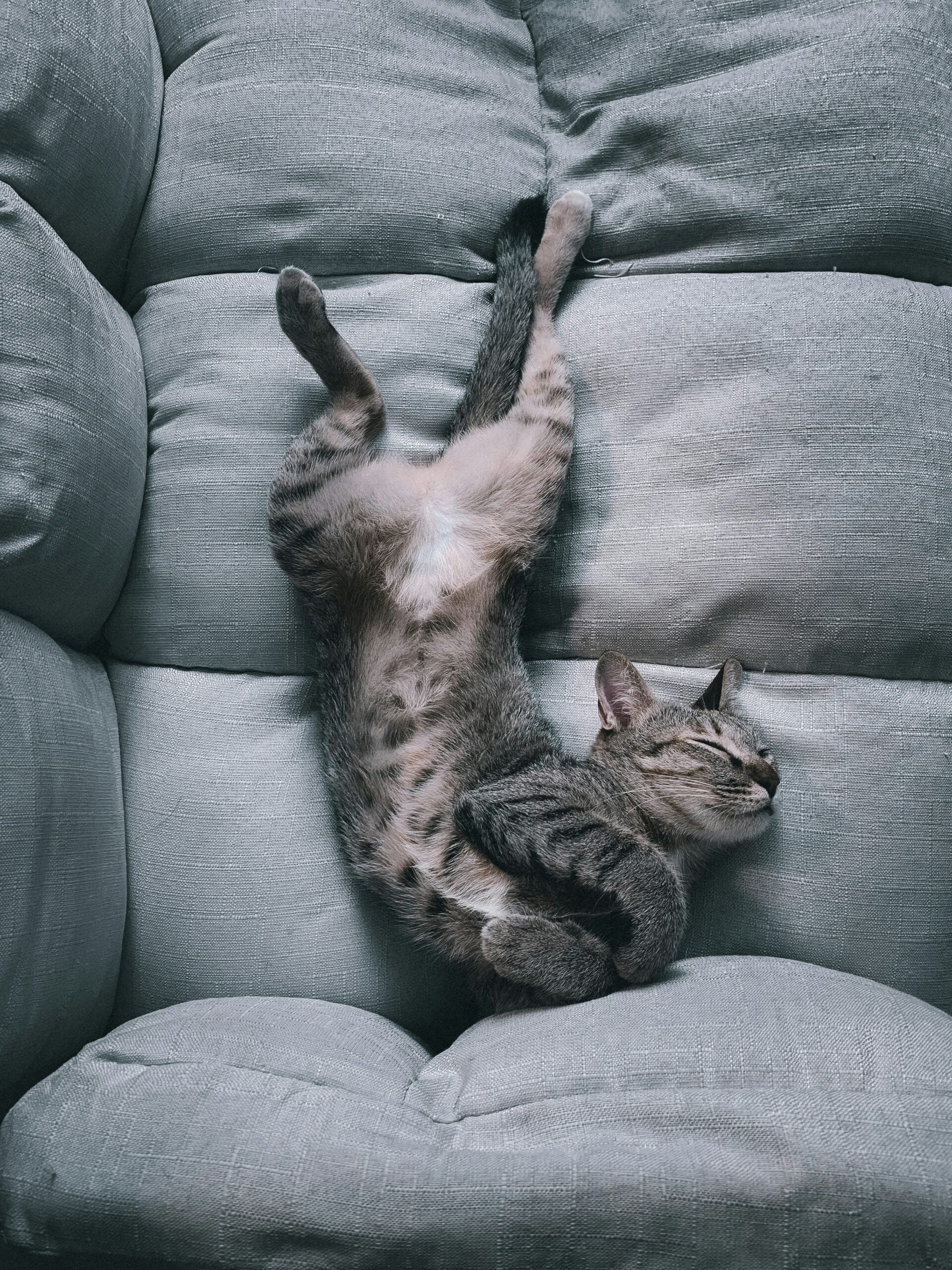
Why Does My Cat Sleep All Day?
Many cat owners have wondered why their furry friends seem to spend the majority of their time sleeping. It’s not uncommon to find a cat curled up in a cozy spot, dozing the day away. But why do cats sleep so much? In this article, we will explore the reasons behind their seemingly endless slumber and shed some light on this common feline behavior.
The Natural Sleep Patterns of Cats
Cats are known for their love of sleep. On average, cats sleep for 12 to 16 hours a day, with some cats sleeping even more. This may seem excessive compared to the sleep patterns of humans or other animals, but it is perfectly normal for cats. In fact, cats are crepuscular animals, which means they are most active during dawn and dusk. The rest of the time, they prefer to conserve their energy by sleeping.
It’s important to note that cats are natural predators, and in the wild, they would spend a significant amount of time hunting for food. Sleeping for long periods allows them to conserve energy for these hunting expeditions. Even though domestic cats no longer need to hunt for their food, their sleep patterns have remained largely unchanged.
The Benefits of Sleep for Cats
Sleep is essential for all living creatures, and cats are no exception. While it may seem like they are just lazing around, there are several important benefits that cats derive from their extended sleep sessions.
Rest and Rejuvenation
Just like humans, cats need sleep to rest and rejuvenate their bodies. During sleep, their muscles relax, and their bodies repair any damage that may have occurred during their waking hours. Sleep also helps to boost their immune system, keeping them healthy and strong.
Mental Stimulation
Contrary to popular belief, cats are not entirely inactive while they sleep. They experience periods of deep sleep and periods of REM (rapid eye movement) sleep, which is associated with dreaming. These dream states provide mental stimulation for cats, helping to keep their minds sharp and active.
Energy Conservation
Cats are known for their bursts of energy and agility, but they also have limited stamina. By sleeping for long periods, cats are able to conserve their energy for when they need it most. This is especially important for outdoor cats who may need to defend their territory or chase prey.
Factors That Influence a Cat’s Sleep Patterns
While it is normal for cats to sleep for extended periods, there are certain factors that can influence their sleep patterns. Understanding these factors can help cat owners determine whether their cat’s sleep habits are within the normal range.
Age
Kittens and young cats tend to sleep more than adult cats. This is because they are still growing and developing, and sleep is crucial for their overall growth and well-being. As cats age, their sleep patterns may change, and they may sleep less than when they were younger.
Health
Illness or pain can affect a cat’s sleep patterns. If a cat is not feeling well, they may sleep more than usual as their body tries to heal itself. Conversely, if a cat is in pain or discomfort, they may have trouble sleeping and appear restless.
Environment
The environment in which a cat lives can also impact their sleep patterns. Cats that live in a noisy or stressful environment may have difficulty getting quality sleep. Conversely, cats that feel safe and secure in their surroundings are more likely to have restful sleep.
Activity Level
The amount of physical and mental stimulation a cat receives during their waking hours can also influence their sleep patterns. Cats that have plenty of opportunities for play and exercise are more likely to have a healthy balance between sleep and activity.
When Should I Be Concerned?
While it is normal for cats to sleep for long periods, there are certain signs that may indicate a problem. If your cat’s sleep patterns suddenly change or if they are excessively lethargic during their waking hours, it may be a cause for concern. Other signs to watch out for include:
- Loss of appetite
- Weight loss
- Changes in behavior
- Difficulty breathing
- Excessive thirst
If you notice any of these symptoms, it is important to consult with a veterinarian. They can help determine if there is an underlying medical condition that is affecting your cat’s sleep patterns.
Creating a Sleep-Friendly Environment for Your Cat
As a cat owner, there are several things you can do to create a sleep-friendly environment for your furry friend:
Provide Comfortable Sleeping Areas
Cats love to have their own cozy spots to sleep. Make sure your cat has access to comfortable beds or blankets in quiet areas of your home. This will allow them to retreat to their own space when they are ready to rest.
Establish a Routine
Cats thrive on routine, so try to establish a consistent sleep schedule for your cat. This can help regulate their sleep patterns and ensure they are getting enough rest.
Encourage Play and Exercise
Engaging your cat in regular play and exercise sessions can help tire them out and promote better sleep. Provide them with toys and interactive games that will keep them mentally and physically stimulated.
Minimize Stress
Cats are sensitive creatures and can be easily stressed. Minimize stress in their environment by providing hiding places, avoiding sudden loud noises, and keeping their living space clean and clutter-free.
Conclusion
While it may seem like cats sleep all day, their sleep patterns are perfectly normal for their species. Cats are crepuscular animals that conserve their energy by sleeping for extended periods. Sleep is essential for their physical and mental well-being, and it helps them maintain a healthy balance of rest and activity.
If you have any concerns about your cat’s sleep patterns, it is always best to consult with a veterinarian. They can provide guidance and ensure that your cat’s sleep habits are within the normal range. By creating a sleep-friendly environment and providing your cat with the care they need, you can help ensure they have restful and rejuvenating sleep.



